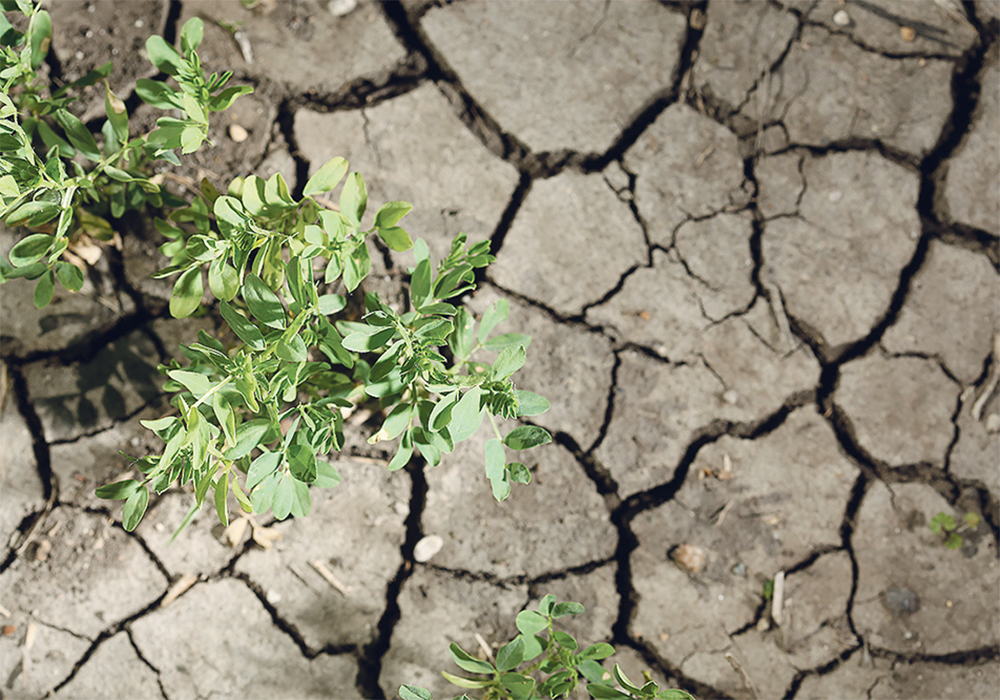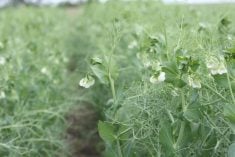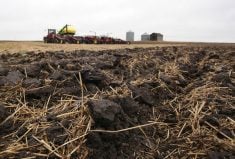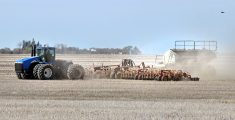Alberta agriculture minister Nate Horner confirmed last week that Ottawa is developing “tools” that could be applied to future Canadian Agricultural Partnership programs to support its efforts to meet greenhouse gas emission reduction targets.
At a November 2021 meeting in Guelph, Ont., federal, territorial and provincial agriculture ministers issued the Guelph Statement, which was billed by Agriculture Canada as “a shared vision for the next agricultural policy framework.”
Read Also

Chinese, Indian tariffs take toll on pea prices
The disruption of pea exports from Canada’s largest customers will likely result in slow pea exports for the remainder of the crop year.
The statement lists as its priority “tackling climate change and environmental protection to support (greenhouse gas) emission reductions… while positioning producers and processors to seize economic opportunities from evolving consumer demands.”
Sources have told The Western Producer that tools being developed by Ottawa would ensure that all CAP programs that receive federal funding are in line with Ottawa’s environmental priorities as outlined in the Guelph Statement.
In a recent address to the Alberta Wheat Commission, Horner said the federal government “would like to bring … tools probably through the CAP program,” when asked about Ottawa’s plan to apply environmental criteria to federal-provincial cost-shared ag programming.
“They’re quite straight forward about that. I don’t think it will go beyond tweaks to the CAP program to push those policy reforms, but yes, I would say they do intend to create some tools to push that policy.”
Federal and provincial agriculture ministers are in the process of renewing Canada’s agricultural programs, including business risk management (BRM) programs and the next version of CAP.
CAP is a $3 billion cost-shared program designed to strengthen the country’s agriculture and agri-food sectors.
Programs and services offered under the CAP framework are tailored to meet regional needs.
Programs are developed and delivered by the provinces. The federal government contributes 60 percent toward program costs and the provinces cover the remaining 40 percent.
The current CAP funding agreement expires in 2023. The next version of the program is expected to run from 2023 to 2028.
Between 2018 and 2023, the value of CAP programming in the prairie provinces is projected at $970 million.
Among other things, programs available under the current CAP offer subsidies for improvements to farm water infrastructure, grain handling and storage systems and farm technologies, such as variable rate mapping.
Horner said much of the discussion that took place at the Guelph meeting was “focused around an environmental lens.”
Work is also continuing on crafting the next suite of BRM programs, he added.
Ministers are committed to making short-term changes to the Agri-Stability program but are also keeping the door open to making more significant long-term changes, which could involve “rebuilding or replacing Ag Stability,” Horner said.
















